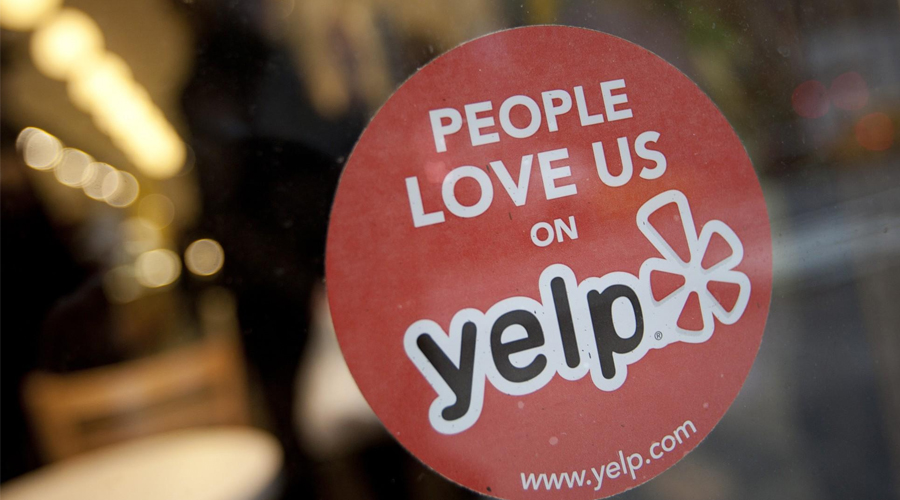Introduction: The Love-Hate Relationship
Ask any restaurant owner about Yelp and you’ll probably get one of three reactions:
- A smile: “It helped us grow!”
- An eye roll: “Don’t get me started.”
- A groan: “One angry Karen nearly ruined us.”
Yelp has been around since 2004, which makes it practically ancient in internet years. Yet, it still matters for restaurants more than most owners want to admit. For better or worse, it’s the digital word-of-mouth king.
So, let’s explore whether Yelp is still valuable for restaurants in 2025, how to use it effectively, and how not to lose your sanity when someone complains their water was “too wet.”
What Exactly is Yelp?
Yelp is a crowdsourced review platform where users rate businesses (especially restaurants) on a 1–5 star scale. Diners leave reviews, upload photos of their meals (bonus points if the food is actually in focus), and offer opinions ranging from helpful to unhinged.
For restaurants, Yelp is both:
- A marketing tool (free exposure to millions of diners).
- A minefield (one bad review can tank your rating).
Why Yelp Still Matters for Restaurants
1. It’s Where Diners Look First
According to surveys, over 90% of people read online reviews before choosing where to eat. Yelp remains one of the top platforms people check.
2. SEO Powerhouse
Google loves Yelp. Type in “best Italian restaurant near me,” and chances are Yelp pops up on page one. Having your restaurant listed on Yelp means more chances to appear in search results.
3. Trust Factor
Consumers trust peer reviews more than they trust ads. Yelp gives you credibility (or lack thereof) depending on your reviews.
4. Free Marketing
A basic Yelp profile costs nothing. You get exposure to thousands of potential customers without spending a dime.
The Good, The Bad, and The Ugly of Yelp
The Good
- Visibility: Free exposure to hungry customers nearby.
- Customer Insights: Reviews give you feedback you might not get face-to-face.
- Photos: Diners basically create free marketing content for you.
- Boosted Sales: Studies show restaurants with higher Yelp ratings earn more revenue.
The Bad
- Unfair Reviews: One bad night or one unreasonable guest can leave a permanent scar.
- Review Filtering: Yelp sometimes “hides” legitimate 5-star reviews.
- Pressure to Advertise: Yelp offers paid ads, and some owners feel nudged to spend.
The Ugly
- Review Bombing: A disgruntled customer (or competitor) can launch a review attack.
- Drama: Public online arguments between restaurants and customers = not a good look.
How Restaurants Can Make Yelp Work for Them
1. Claim Your Page
If you don’t control your Yelp page, customers will still review you. At least claim it so you can add hours, menus, photos, and updates.
2. Respond to Reviews (Smartly)
- Good Reviews: Thank them. Simple.
- Bad Reviews: Stay professional. Resist the urge to clap back (even if they totally deserved it).
3. Add High-Quality Photos
Don’t leave your first impression up to shaky iPhone shots of half-eaten burgers. Upload professional images.
4. Keep Info Updated
Wrong hours = angry customers. Angry customers = bad reviews. See the cycle?
5. Consider Yelp Ads (With Caution)
Advertising can boost visibility, but results vary. Start small and track ROI before committing.
Yelp’s Impact on Restaurant Revenue
Here’s where things get serious:
- A one-star increase on Yelp can boost revenue by 5–9%.
- Restaurants with more than 50 reviews often see better traffic than those with fewer.
- Responding to reviews can increase customer trust and return visits.
Translation: Yelp can literally put more money in your pocket—if you manage it right.
Yelp Horror Stories (Because They’re Funny… for Us)
- A diner left a one-star review because the waiter didn’t laugh at their joke.
- Someone complained their soup was “too soupy.”
- Another deducted two stars because they couldn’t find parking (at a downtown restaurant).
Lesson? Not every review reflects your food quality. But perception is reality online.
Yelp Alternatives for Restaurants
Sure, Yelp is big, but it’s not the only game in town.
- Google Business Profile: Essential for SEO and maps.
- Tripadvisor: Strong for tourists.
- OpenTable: Great for reservations.
- Facebook & Instagram: Still powerful for branding and local engagement.
But Yelp has a unique mix of user trust, SEO juice, and food-focused reviews that keeps it relevant.
The Future of Yelp for Restaurants
Yelp is evolving:
- Adding more video reviews.
- Improving AI filters to catch fake reviews.
- Offering restaurant management tools to help owners analyze trends.
Love it or hate it, Yelp isn’t going anywhere soon.
Conclusion: Is Yelp Worth It for Restaurants?
Absolutely—if you use it strategically. Yelp is like fire:
- Use it right = warmth, light, and growth.
- Use it wrong (or ignore it) = it burns your house down.
Claim your page, upload good photos, respond professionally, and embrace reviews as free marketing. Because in 2025, diners aren’t just asking friends where to eat—they’re asking Yelp.
FAQ Section
1. Is Yelp still important for restaurants in 2025?
Yes. Yelp remains one of the most influential review platforms, with strong SEO presence and millions of users relying on it to choose where to eat.
2. Can a bad Yelp review ruin my restaurant?
Not by itself. One bad review isn’t fatal, but consistently poor reviews can hurt business. The key is responding professionally and improving where possible.
3. Should I advertise on Yelp?
Maybe. Yelp ads can boost visibility, but results vary. Test a small budget and measure ROI before scaling.
4. How do I improve my Yelp rating?
Provide great service, encourage happy customers to review, upload professional photos, and engage politely with all feedback.
5. Do customers trust Yelp reviews?
Yes—sometimes too much. Studies show most diners rely heavily on Yelp when choosing a restaurant, making it a powerful influence.


